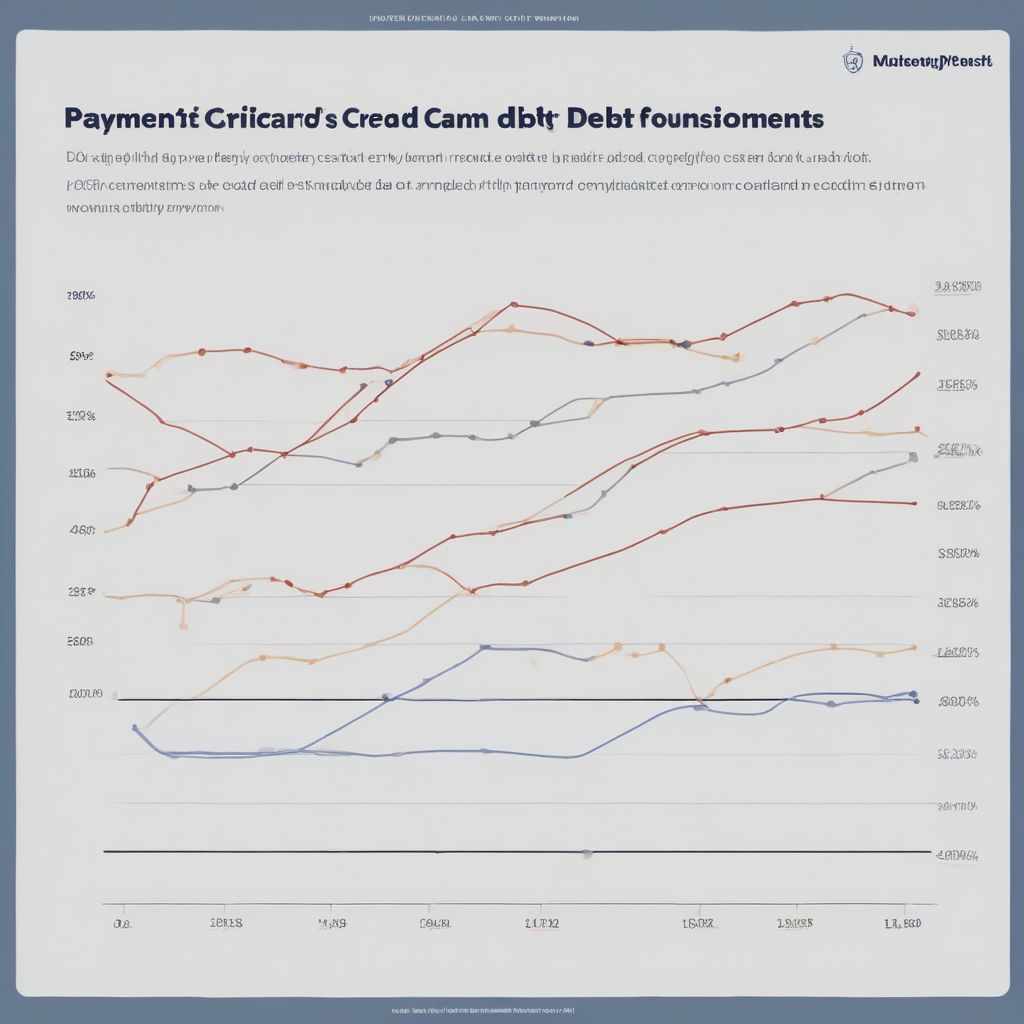In today’s financial landscape, credit card debt is a common challenge faced by many. High interest rates can make it feel like you’re stuck in a never-ending cycle of payments. A Credit Card Debt Loan, also known as a debt consolidation loan, could be the solution you’re looking for. This comprehensive guide explores the ins and outs of credit card debt loans, providing valuable insights to help you make informed decisions about managing your finances.
What is a Credit Card Debt Loan?
A credit card debt loan is a financial tool that allows you to combine multiple high-interest credit card balances into a single, lower-interest loan. Essentially, you’re taking out a new loan to pay off your existing credit card debt. This consolidation can simplify your monthly payments and potentially save you money on interest charges over time.
Why Consider a Credit Card Debt Loan?
The decision to pursue a credit card debt loan hinges on your individual financial situation and goals. Here’s a closer look at the compelling reasons why this financial tool might be the right choice for you:
1. Lower Interest Rates, Reduced Payments:
Credit card debt loans typically come with lower interest rates compared to the high APRs charged by most credit cards. This difference in interest rates can translate to significant savings over the life of the loan, freeing up more money in your monthly budget.
2. Simplified Debt Management:
Juggling multiple credit card payments, each with its own due date and minimum payment requirement, can be overwhelming. A credit card debt loan consolidates all your debt into a single monthly payment, streamlining your finances and reducing the risk of missed payments.
3. Improved Credit Score Potential:
As you diligently repay your credit card debt loan, you demonstrate responsible credit management to credit bureaus. A history of on-time payments towards your debt consolidation loan can gradually improve your credit score, opening doors to better financial opportunities in the future.
bepvietcuong.vn/wp-content/uploads/2024/08/debt-consolidation-chart-66b6de.jpg" alt="debt consolidation chart" width="1024" height="1024">debt consolidation chart
Navigating the Credit Card Debt Loan Landscape
Before taking the plunge, it’s crucial to understand the different types of credit card debt loans available and the factors that influence your eligibility:
Types of Credit Card Debt Loans:
- Personal Loans: Unsecured loans that don’t require collateral, making them accessible to a wider range of borrowers. Interest rates are based on creditworthiness.
- Home Equity Loans: Secured loans that use your home equity as collateral, potentially offering lower interest rates but carrying the risk of foreclosure if you default on payments.
- Balance Transfer Credit Cards: These cards offer a promotional period with 0% APR, allowing you to transfer high-interest balances and pay them off without accruing additional interest during that time.
Factors Affecting Eligibility:
Lenders consider several factors when evaluating your credit card debt loan application:
- Credit Score: A higher credit score increases your chances of approval and favorable interest rates.
- Debt-to-Income Ratio (DTI): Lenders assess your ability to manage the new loan payments in relation to your income.
- Credit History: A history of responsible credit card use and timely payments reflects positively on your application.
Essential Questions to Ask Before Taking Out a Credit Card Debt Loan:
- What is the interest rate and APR?
- Are there any fees associated with the loan, such as origination fees or prepayment penalties?
- What is the loan term, and how will it impact my monthly payments?
- Will I need to provide collateral to secure the loan?
- Does the lender offer any financial education or resources to help me stay on track with my debt repayment goals?
Exploring Alternatives to Credit Card Debt Loans
While credit card debt loans can be a valuable tool for managing debt, it’s essential to consider alternative strategies:
- Debt Management Programs (DMPs): Non-profit credit counseling agencies offer DMPs that negotiate with creditors to lower interest rates and create a manageable repayment plan.
- Debt Settlement: Debt settlement companies negotiate with creditors to reduce your overall debt amount, but this option can negatively impact your credit score.
- The Debt Snowball or Avalanche Method: These DIY debt repayment strategies focus on paying off debts strategically to gain momentum and motivation.
The Importance of Legal Considerations and Responsible Borrowing
Understanding the legal framework surrounding credit card debt and loans is essential for making sound financial decisions. Familiarize yourself with:
- Truth in Lending Act (TILA): This federal law protects consumers by requiring lenders to disclose loan terms and costs clearly.
- Fair Credit Reporting Act (FCRA): Ensures the accuracy and privacy of your credit information, giving you the right to dispute errors on your credit report.
- State Usury Laws: Each state sets limits on the amount of interest lenders can charge, protecting borrowers from predatory lending practices.
Conclusion
Credit card debt loans can offer a lifeline for individuals struggling with high-interest credit card debt. By consolidating balances, securing lower interest rates, and simplifying monthly payments, you can regain control of your finances and work towards a debt-free future. Remember to carefully consider the terms, fees, and eligibility requirements of different loan options, comparing them to find the best fit for your unique financial situation.


